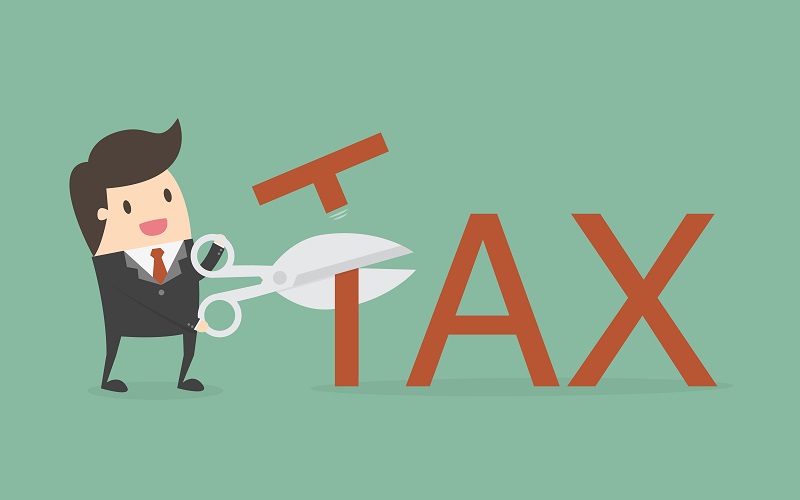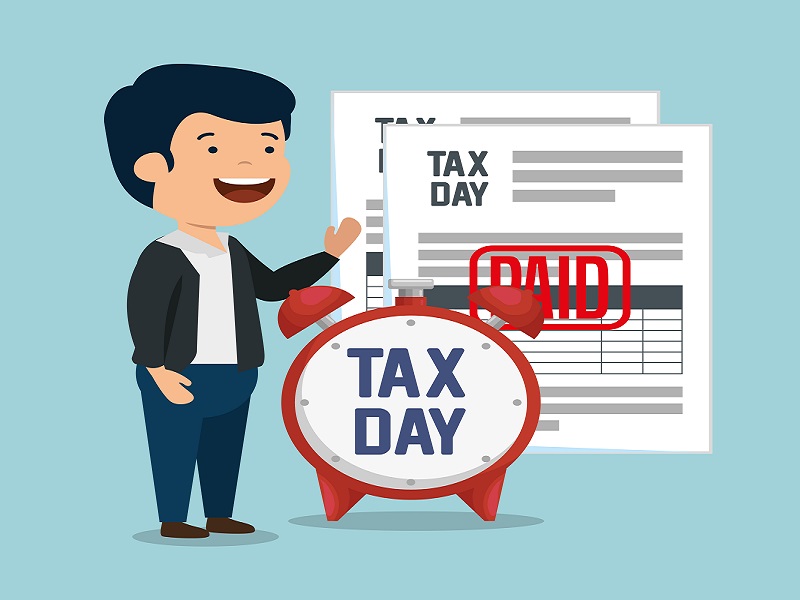The Buyt Desk
The new budget for 2023 was not ordinary. Several announcements have been made by Finance Minister Nirmala Sitharaman that will change the way you pay your income tax. The dual tax regime continues and the new tax regime has been made more attractive. People claiming several deductions would want to stick to the older tax regime but if they chose the new tax regime they will have to let go of all the deductions. Whether or not the new tax regime is worth considering will be based on an individual’s income level and totally claimed deductions. They will have to sit with a calculator and consult CAs (charted accountants) to determine which tax regime will reduce their tax outgo.
Who could benefit from the new tax regime?
As mentioned above, its answer mostly depends on taxpayers’ income levels and the deductions they claim. The higher the deductions such as Section 80C, home loan interest deduction in Section 24B, and 80D benefit on health insurance premiums the less pretty the new tax regime will be. That’s because the tax breaks minimize the taxable income payable under the old regime. An individual can claim a tax deduction of Rs 4.25 lakh under the old regime.
Under the new tax regime, effective tax rates have been reduced from 42.74% to 39%, at par with people having between Rs 2-5 crore incomes. Individuals in the highest tax bracket of more than Rs. 5 crores can benefit the most. For example, if your annual salary is Rs 5.5 crore, it will save you around Rs 20.2 lakh annually by moving to the new tax regime, reduced exemptions tax regime, as per EY India post-budget calculations.
People with middle net-worth who claim several deductions under section 80C, 80D amounting to a minimum of Rs 4.25 lakh would find the old regime more attractive.
For example, if your gross total income is Rs 11 lakh, you will have to pay Rs 20,800 extra when you move to the new tax regime. The reason is that your total deductions of Rs 4.25 lakh will reduce the taxable income under the old tax regime.
But if you claim no deduction through your investments then the new regime will suit you more. Let us assume that you get complete exemptions and deductions of just Rs 2 lakh. You’ll find the new regime more beneficial according to Deloitte India calculations.
You can select either of the tax regimes if your earning are Rs 16 lakh, Rs 60 lakh, or Rs 2.2 crore without affecting your tax outgo, as per EY India. While the new tax regime might be advantageous due to the comparatively less compliance burden it demands. When you were to claim higher deductions, it could go in the old regime’s favor.
Exemptions available under the new regime
Well, the new tax regime is not completely free from exemptions. Although it has done away with approximately 70 exemptions and deductions under the old tax regime, some advantages are still provided.
For instance, if your employer makes up to 10% of your salary to your NPS (National Pension System) corpus, you can get it like tax relief under Section 80CCD (2).
Under Section 10(10D), maturity proceeds of life insurance plans are tax-free under old and new tax regimes, related to situations. However, this advantage is not allowed for Ulips (unit-linked insurance policies) where the annual premium goes more than Rs 2.5 lakh. Maturity proceeds of non-Ulip policies where the annual premium is higher than Rs 5 lakh will not be entirely tax-free. The purpose is to limit the tax benefits on maturity proceeds for high-income salaried people.
Now the new tax regime is laced with a standard deduction of Rs 50,000 which was not so earlier.
When do salaried people need to make this decision?
The new tax regime is the default tax system. It means that it will be the automatically chosen tax regime that will reflect in the system but if you want to opt for the old regime you will have to select it. A salaried person will have to make this decision at the start of the financial year. They must show their choice of the tax regime to the administration team of their employer in April when filing the proposed investment declaration. If you want to choose the old tax regime, you will have to specify this to your employer. But, they can freely change this decision at the time of filing income tax returns due in July.
The new tax regime declared in Budget 2020, provides reduced exemptions, but comparatively lower rates than an older regime, which keeps on co-existing.







